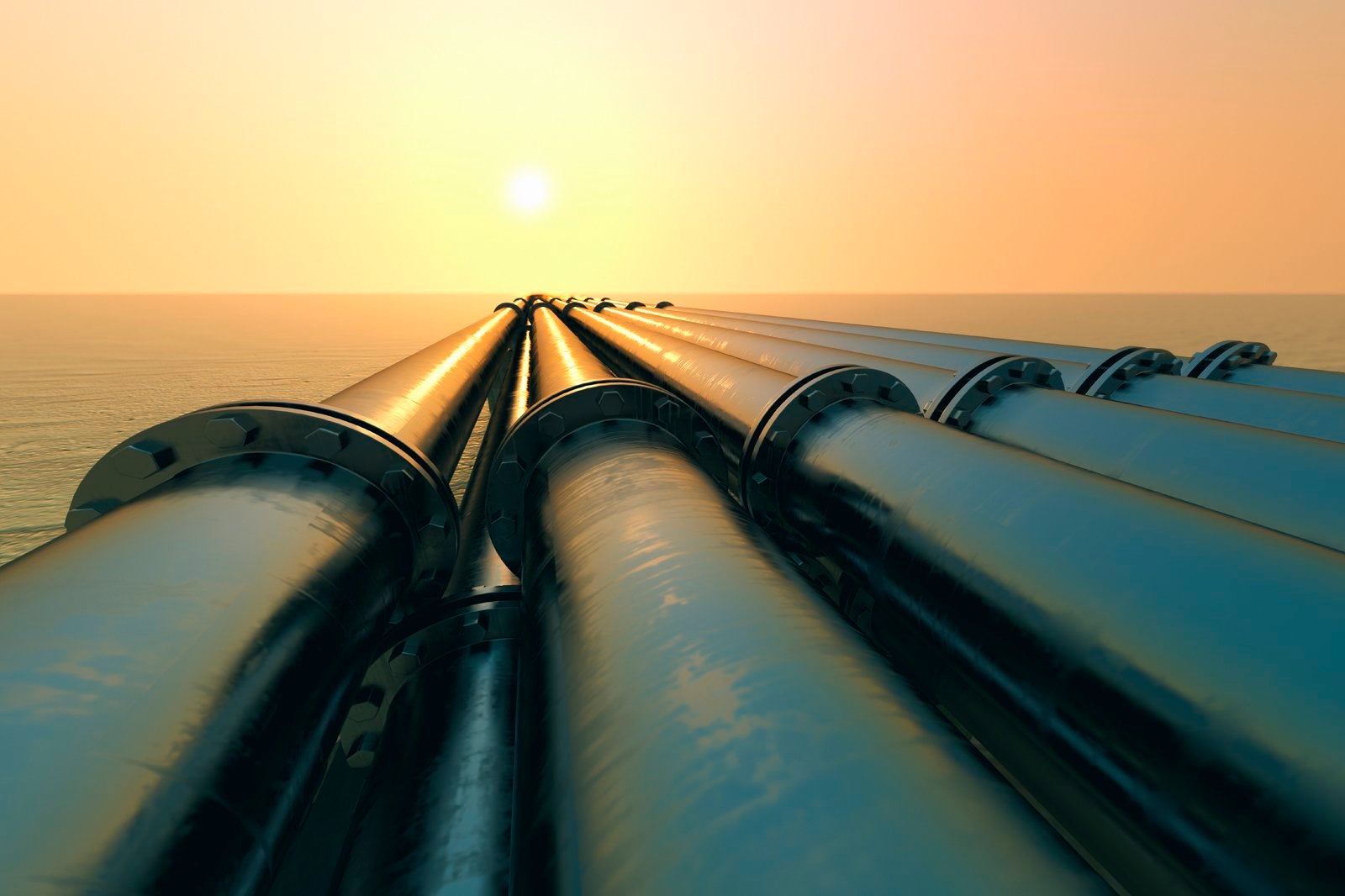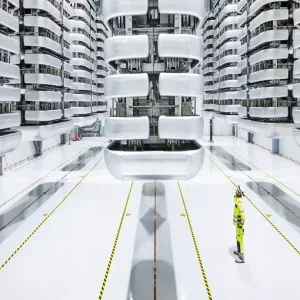
Algeria, Nigeria, and Niger have inked a memorandum of understanding (MoU) to build the $13bn Trans Saharan gas pipeline that will traverse the three African countries across the Sahara Desert.
The MoU was signed in Algiers by the Algerian Minister of Energy and Mines Mohamed Arkab, Nigerian Minister of State for Petroleum Resources Timipre Sylva, and Niger Minister of Energy and Renewable Energy Mahamane Sani Mahamadou.
Expected to be more than 4,000km long, the onshore pipeline is designed to transport up to 30 billion cubic metres (bcm) of natural gas per annum to Europe.
The MoU follows an agreement in June 2022 between the three African countries for reviving the gas pipeline project, which had been discussed for nearly four decades.
In 2009, an accord was signed by Nigeria, Niger, and Algeria to build the Trans Saharan gas pipeline project with an aim to commission it in 2015. However, the project could not be implemented so far due to various reasons, which include security concerns.
Last month, the Nigerien oil ministry stated that the three African countries had established a task force for the pipeline project and designated an entity for updating a feasibility study, reported the Al Jazeera Media Network.
The proposed pipeline will source natural gas from Nigeria and traverse north through Niger, and further to Algeria.
It is planned to start in Warri in Nigeria and end in Hassi R’Mel in Algeria. From there, it will connect to existing pipelines that reach Europe.
The project’s revival come at a time when the European Union is grappling with the supply of natural gas and is looking for alternative sources, following the launch of Russia’s military operations in Ukraine.






